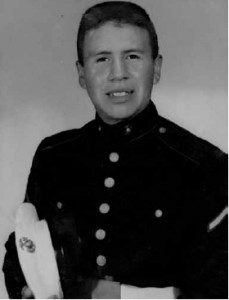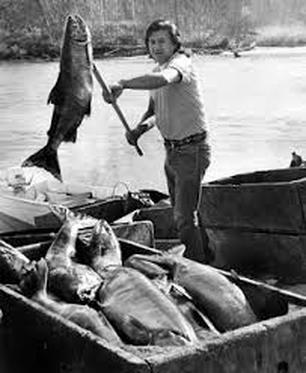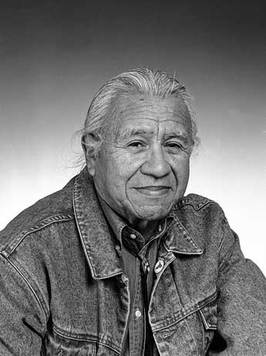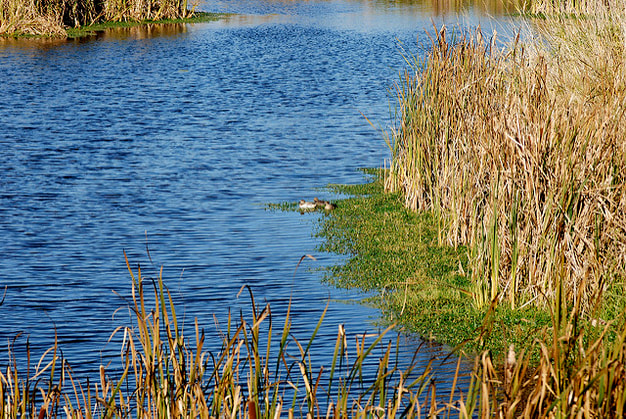|
Billy Frank Jr. grew up on the Nisqually river in Western Washington, becoming an expert fisherman as a youngster. He knew every current of the river and every creature that made its home in the delta. The Medicine Creek Treaty of 1854 had guaranteed Billy's Nisqually and other native tribes in the region the right to fish in their "usual and accustomed places. But at age 14, Billy was arrested by state fish and game wardens as he cleaned the steelhead he'd netted for his family's supper.  Billy knew then he’d have to fight for his right to fish, for his the culture and his heritage. But that would wait until he served his country as a U.S. Marine during the Korean War. When he returned, things hadn't changed. His boats and nets were confiscated, he lived like an outlaw, fishing at night, always on the lookout for men in uniforms. He was "chased and tear-gassed, tackled, punched, pushed face-first into the mud, handcuffed and dragged soaking wet to the country jail."  Billy Frank Jr., photo courtesy of the NW Indian Fisheries Commission. Billy Frank Jr., photo courtesy of the NW Indian Fisheries Commission. Billy Frank Jr. was arrested 50 times fishing on the Nisqually River over next thirty years. He spearheaded a long-term civil disobedience movement aimed at restorying Northwest Coast Salish treaty rights. There would be protests at the state Capitol, a full-scale riot on the banks of the Puyallup River in 1970, myriad lawsuits and finally a U.S. Supreme Court ruling in 1979 before the so-called 'fish wars' in Washington were resolved. Following that victory, Billy Frank Jr. led conservation efforts to restore and protect Puget Sound, worked to unite local tribes and became a national voice for Indian Country.  After his death in 2014, President Obama posthumously awarded Frank, Jr. the Presidential Medal of Freedom, the highest honor that can be given a US civilian. “He saved the salmon that had fed his family for generations,” President Obama said. “He was spat on, shot at, chased, clubbed and cast as an outlaw, but Billy kept fighting because he knew he was right.” This is a man of courage and perseverance, instrumental in creating more justice for Native tribes. His story should be a book for kids, written by a Native American. Maybe I could be a mentor, helping with writing and knowledge of the publishing business? His words nee to be heard now, more than ever. “I don’t believe in magic. I believe in the sun and the stars, the water, the tides, the floods, the owls, the hawks flying, the river running, the wind talking. They’re measurements. They tell us how healthy things are. How healthy we are. Because we and they are the same. That’s what I believe in.” A new school curriculum on tribal treaty fishing rights and salmon conservation has been developed for free download and use by teachers. The lessons are intended to supplement history and science classes, middle through high school and include videos and historical photos. Comments are closed.
|
I'm fascinated to discover little-known history, stories of people and events that provide a new perspective on why and how things happened, new voices that haven't been heard, insight into how the past brought us here today, and how it might guide us to a better future.
I also post here about my books and feature other authors and their books on compelling and important historical topics. Occasionally, I share what makes me happy, pictures of my garden, recipes I've made, events I've attended, people I've met. I'm always happy to hear from readers in the blog comments, by email or social media. Archives
September 2023
Categories
All
|

